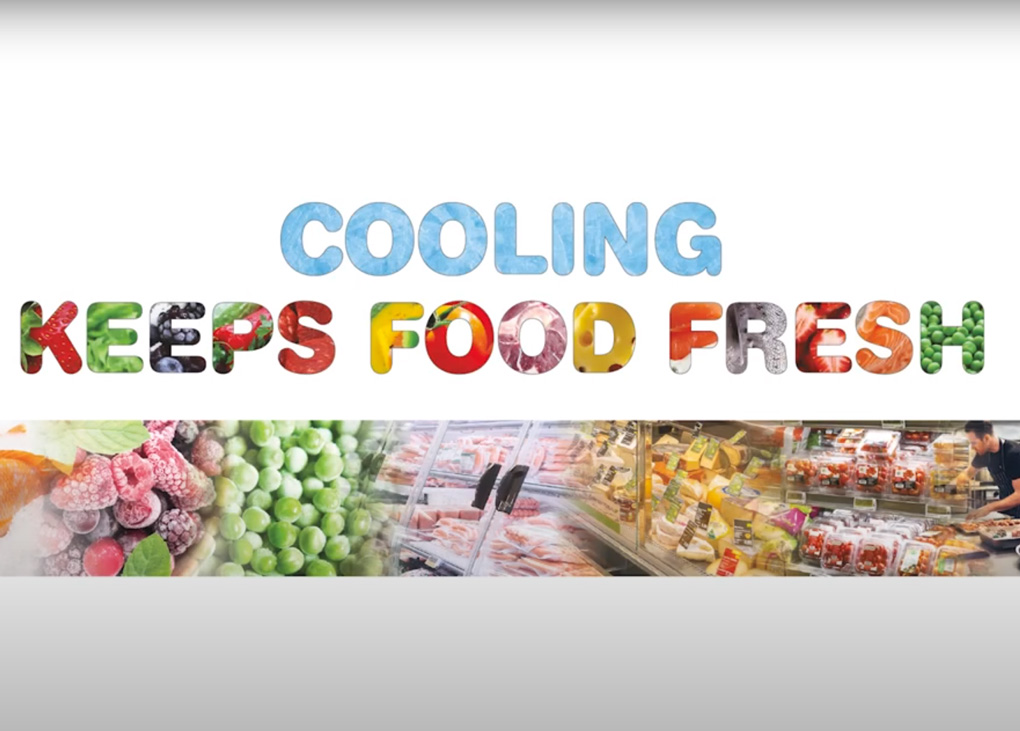To celebrate World Refrigeration Day, world-leading chefs have launched a campaign to remind people that cooling enables nutritional diets, helps reduce the number of undernourished, and can lower greenhouse gas emissions.
The chefs are part of the Chefs4thePlanet network, which is joining with United Nations Environment Programme OzonAction and Global Food Cold Chain Council in the campaign. Titled “Cooling Keeps Food Fresh”, it aims to raise awareness of cooling technologies that reduce food loss and promote climate security. Four intergovernmental agencies and more than 20 associations in the cooling industry are supporting the initiative, including AIRAH and the ARC from Australia.
The campaign recommends keeping fridges and freezers in a safe temperature range. Bacteria grow most rapidly between 4.4°C and 60°C, some doubling in as little as 20 minutes. Cooling slows this growth.
“Cold storage is essential because it allows me to keep my ingredients longer and above all avoid the risk of food poisoning!” says Italian chef Denny Imbroisi. “I maintain my ingredient quality thanks to the cold.”
The campaign also highlights how cooling can help reduce the alarming volume of emissions from food waste. Food production accounts for 26 per cent of total greenhouse gas emissions, with 24 per cent of that emitted from uneaten food. Besides the beneficial environmental impact of expanding the cold chain, nutritionists expect that 950 million people could be fed from food loss due to lack of refrigeration. In 2018, there were an estimated 821 million undernourished people in the world, with world population expected to grow by 2 billion in 2050.
“What causes malnutrition is lack of accessibility,” says Mercedes Ahumada, a traditional Mexican chef. “The cold chain is a vital element for food safety. Each stage is intertwined with another, from collection to storage, packaging, warehousing, transport to point of sale, and storage at point of consumption.”
“A sustainable food cold chain will be an economic, social and environmental net-positive,” says Juergen Goeller, co-chair of the Global Food Cold Chain Council.
Head of UNEP OzonAction Jim Curlin notes the other ways cooling can help us be more sustainable.
“Besides its main purpose of keeping food fresh and safe to eat,” he says, “your refrigerator can also be an agent of change to help solve environmental challenges such as preserving Earth’s ozone layer, fighting climate change, and promoting energy efficiency.”
For more information on the campaign, including videos and recipes from top chefs around the world, go to www.coolingfood.com
 Mark Vender
Mark Vender


Leave a Reply